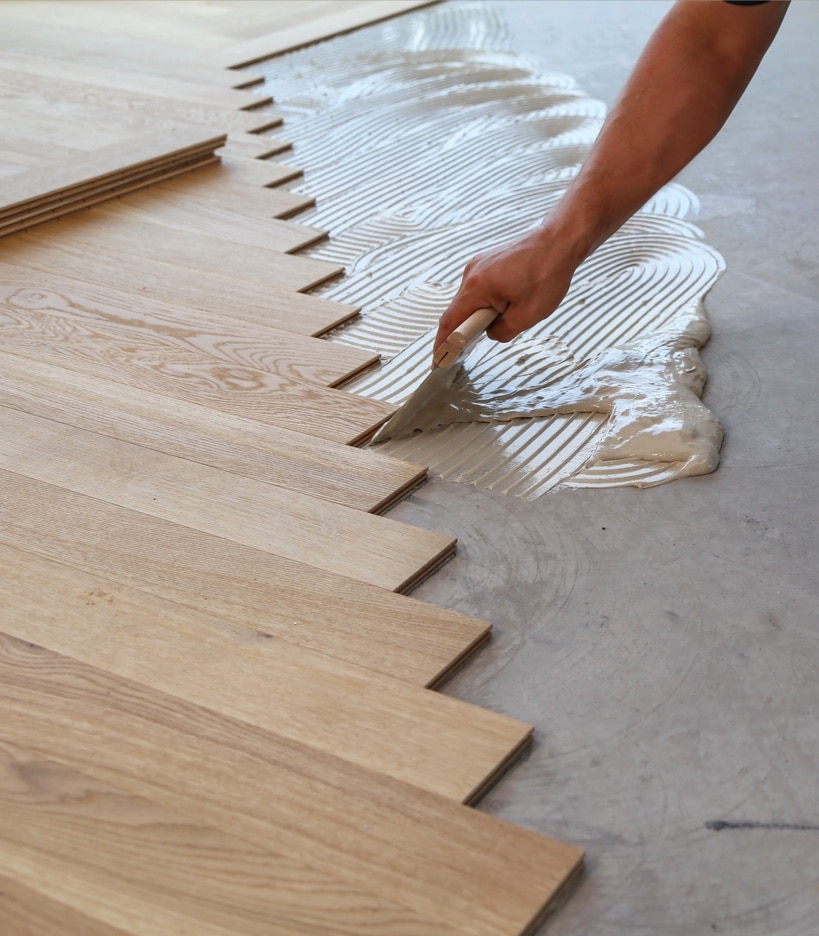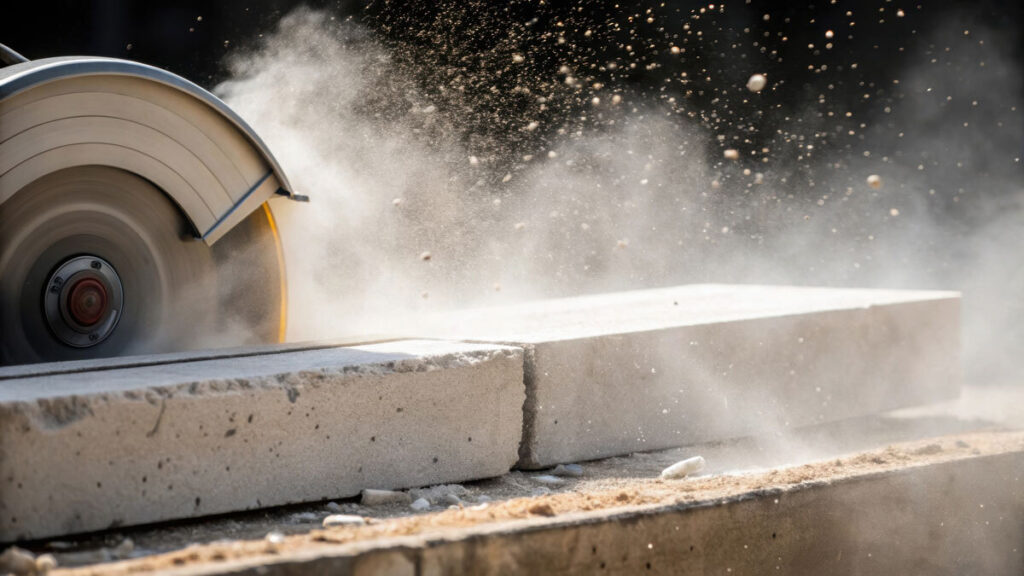
Utah Concrete Dust & Silica Cleanup
Utah Concrete Dust & Silica Cleanup
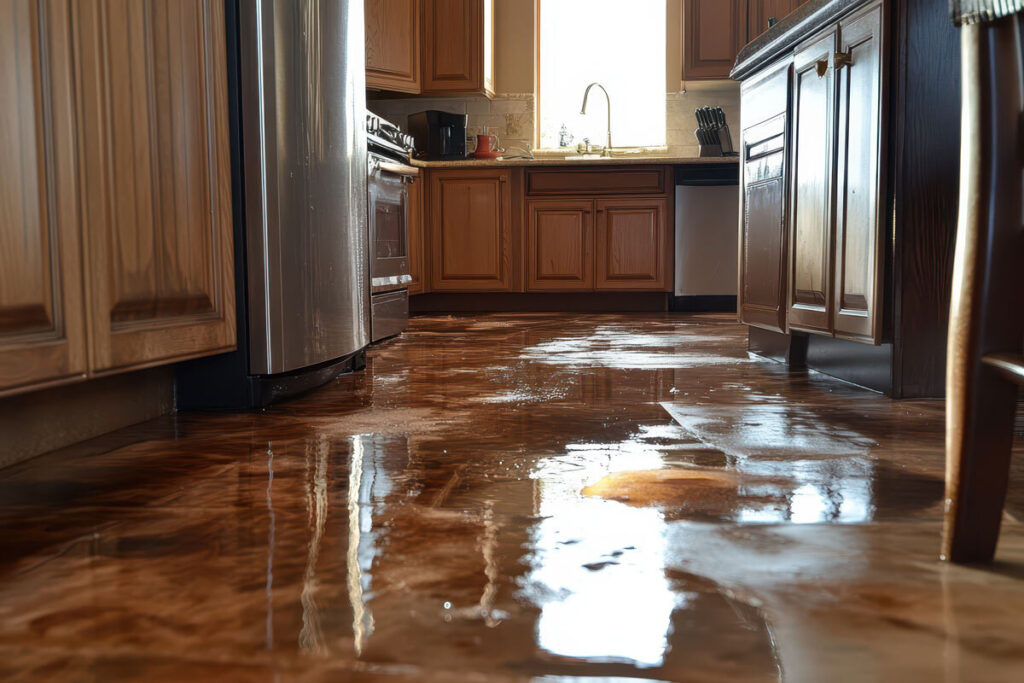
Top Causes of Home Water Damage in Utah
Top Causes of Home Water Damage in Utah
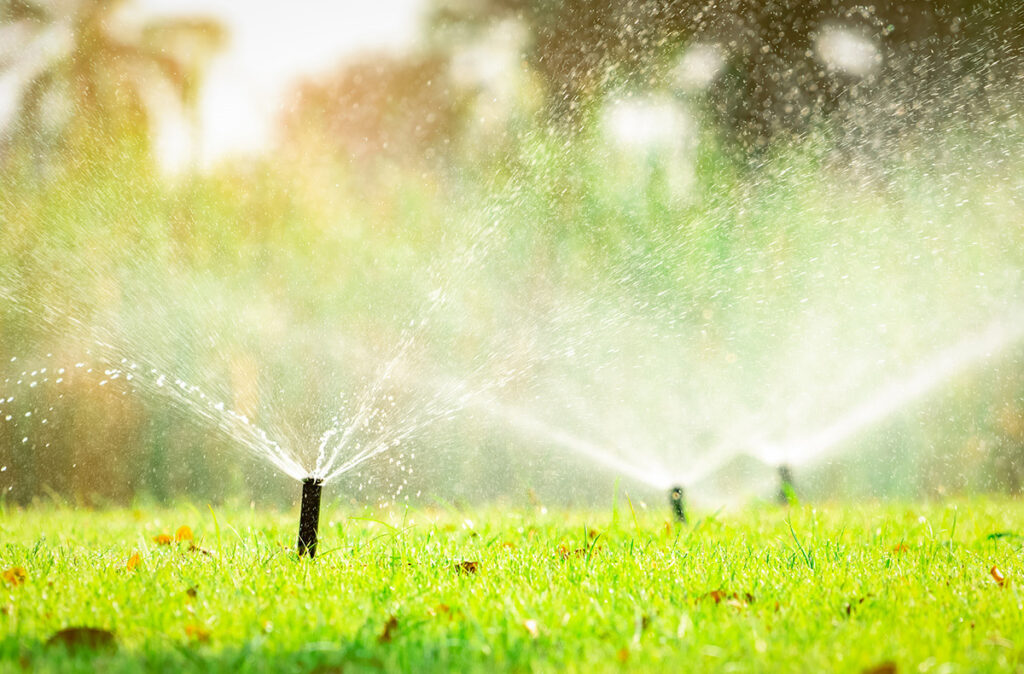
What are the signs of a broken sprinkler line? Can it flood my basement?
What are the signs of a broken sprinkler line? Can it flood my basement?

Water Damage Restoration: Your Essential Guide to Recovery
Water Damage Restoration: Your Essential Guide to Recovery
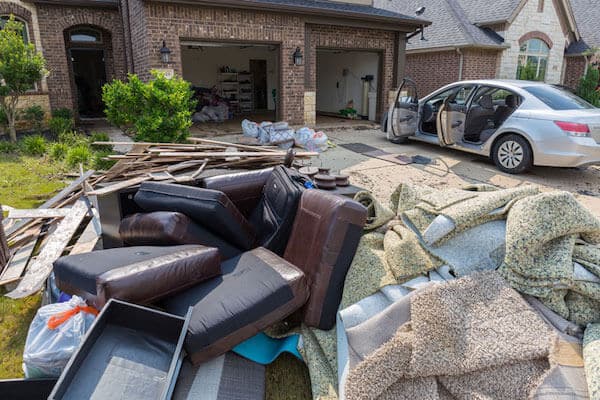
Guide to Hiring a Disaster Cleanup Professional
Guide to Hiring a Disaster Cleanup Professional
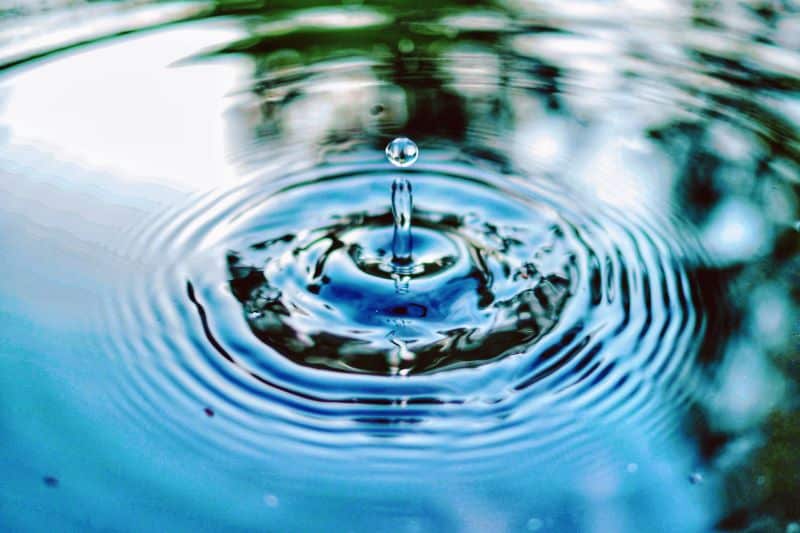
The Health Consequences of Different Types of Water Damage
The Health Consequences of Different Types of Water Damage
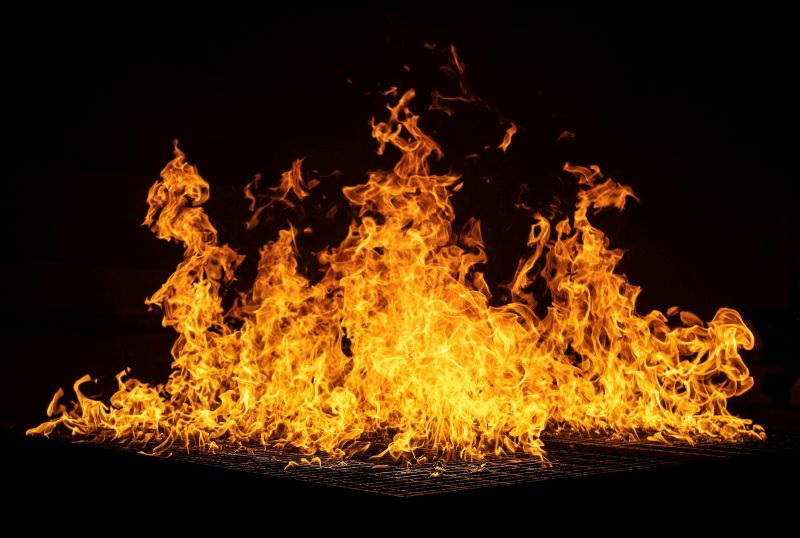
How to Put Out a Grease Fire
How to Put Out a Grease Fire
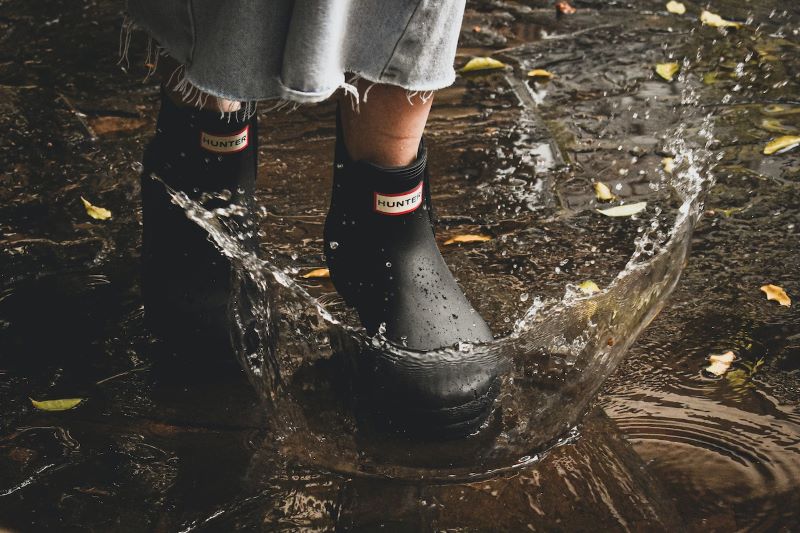
4 Reasons to Call an Expert for Sewage Flood Cleanup
4 Reasons to Call an Expert for Sewage Flood Cleanup
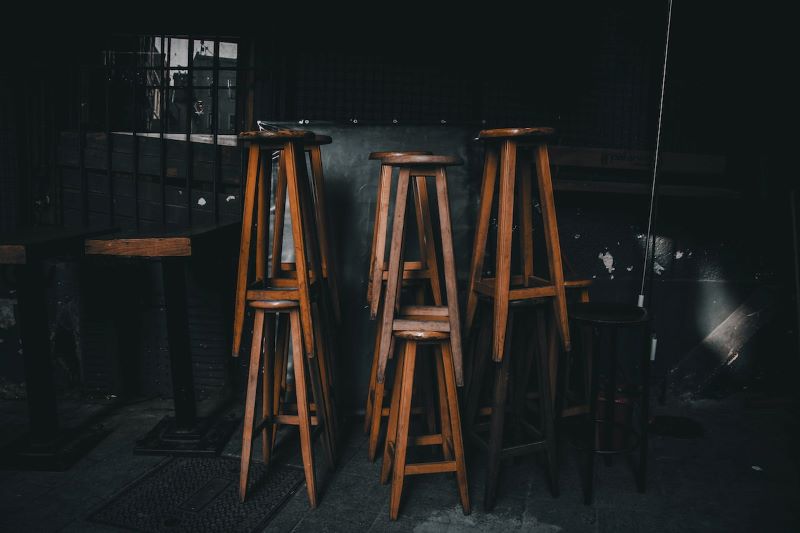
How Can Water-Damaged Wood Furniture Be Restored?
How Can Water-Damaged Wood Furniture Be Restored?
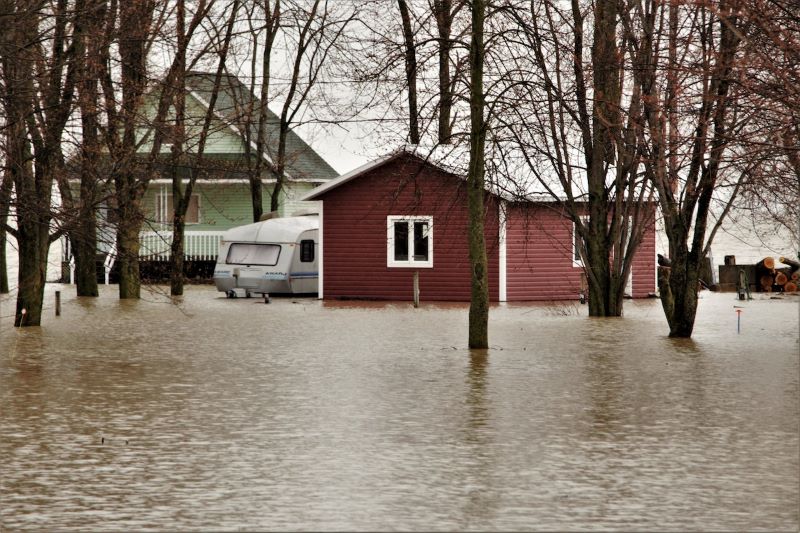
Impact of Water Damage on a House
Impact of Water Damage on a House
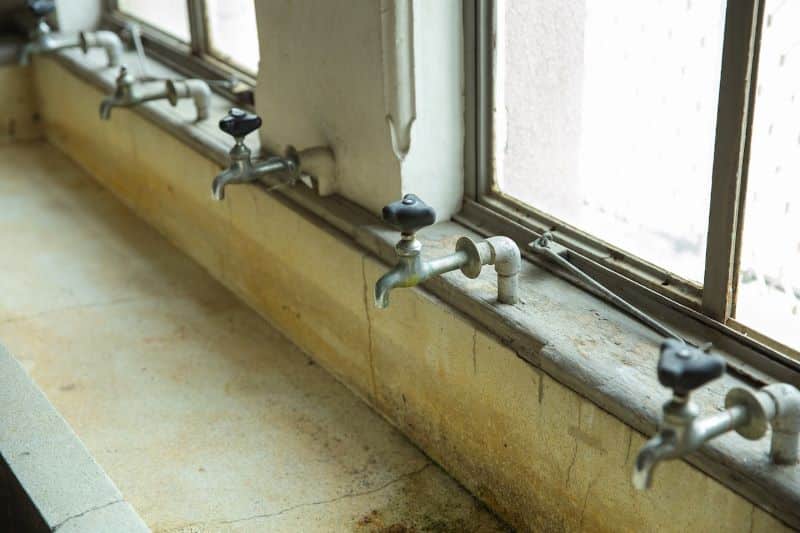
How Mold Can Affect a Property’s Value
How Mold Can Affect a Property’s Value
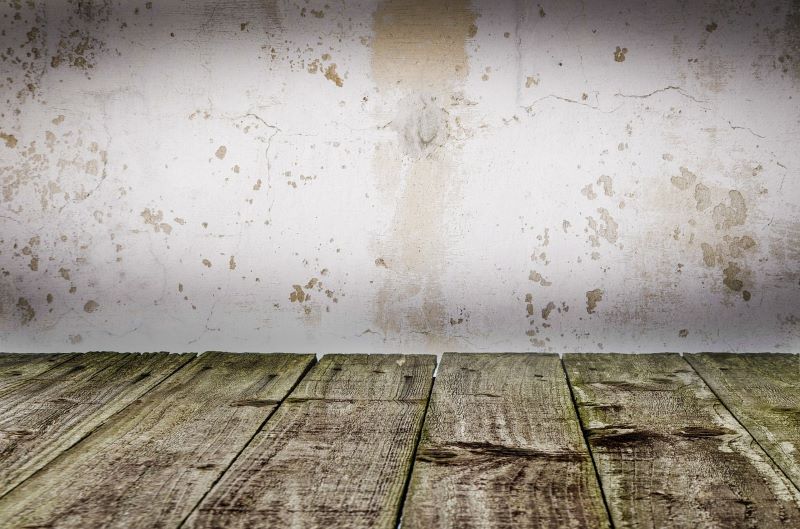
8 Signs Your Crawl Space Is Damaged and Needs Repair
8 Signs Your Crawl Space Is Damaged and Needs Repair
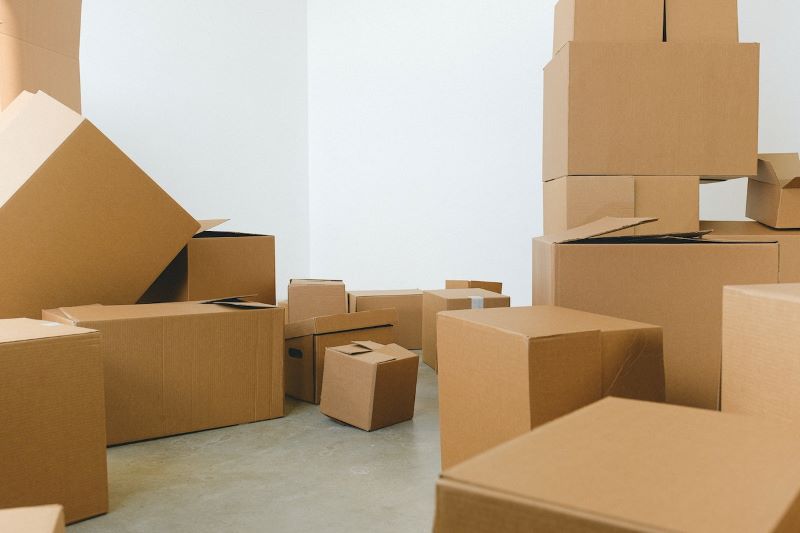
Tips For Preventing Mold and Mildew in Storage Containers
Tips For Preventing Mold and Mildew in Storage Containers
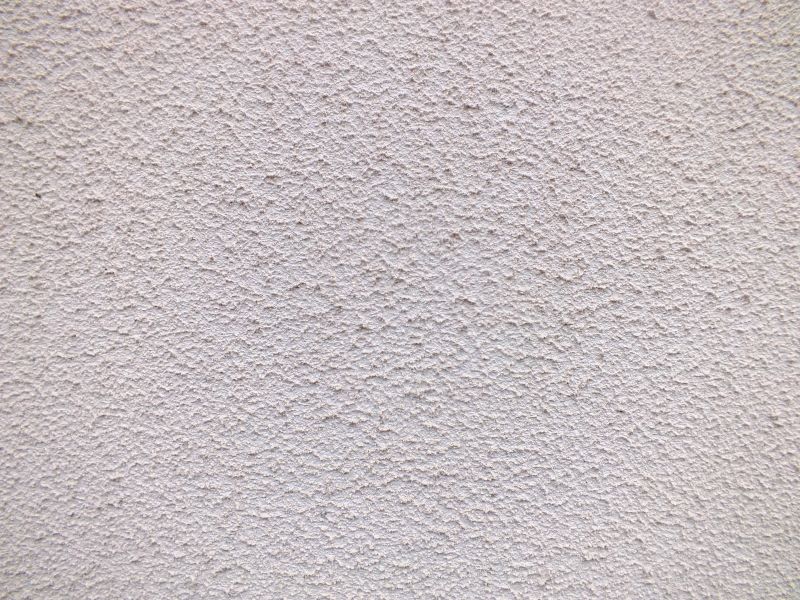
Can Mold Grow on Plaster Walls?
Can Mold Grow on Plaster Walls?
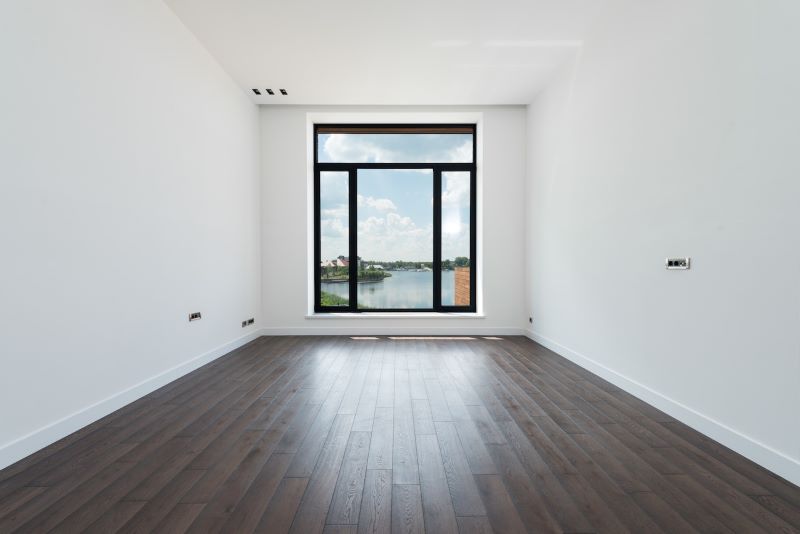
How to Deal With Laminate Floor Water Damage
How to Deal With Laminate Floor Water Damage
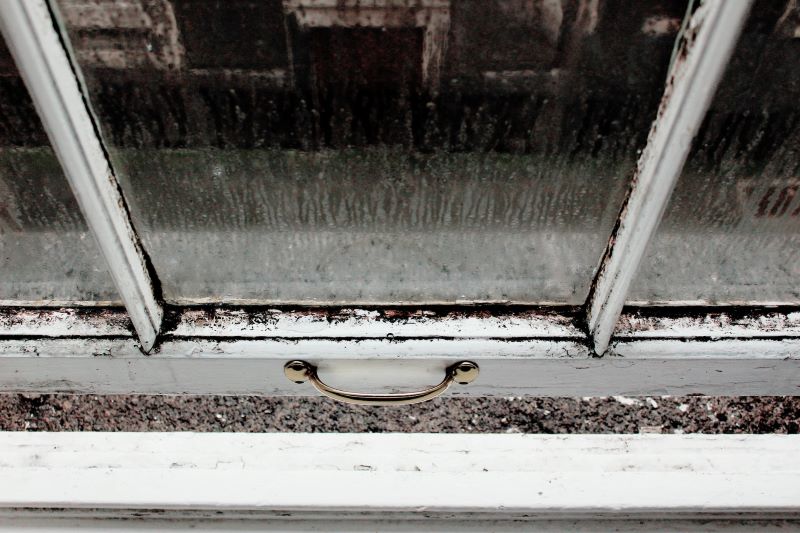
How to Get Rid of Mold on Windows in Cold Weather
How to Get Rid of Mold on Windows in Cold Weather
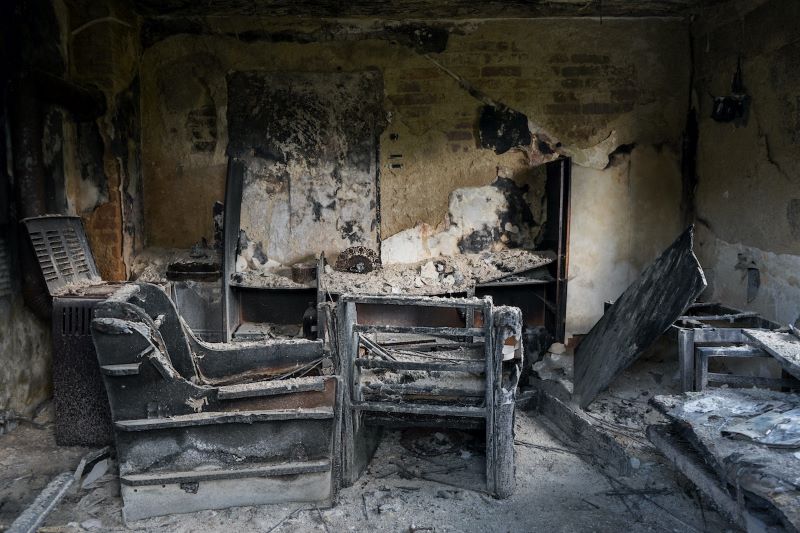
Is It Safe to Sleep in Your Home After a Fire?
Is It Safe to Sleep in Your Home After a Fire?
Centerville Disaster Repair Company
Centerville Disaster Repair Company
Kaysville Disaster Repair Company
Kaysville Disaster Repair Company
Kearns Disaster Repair Company
